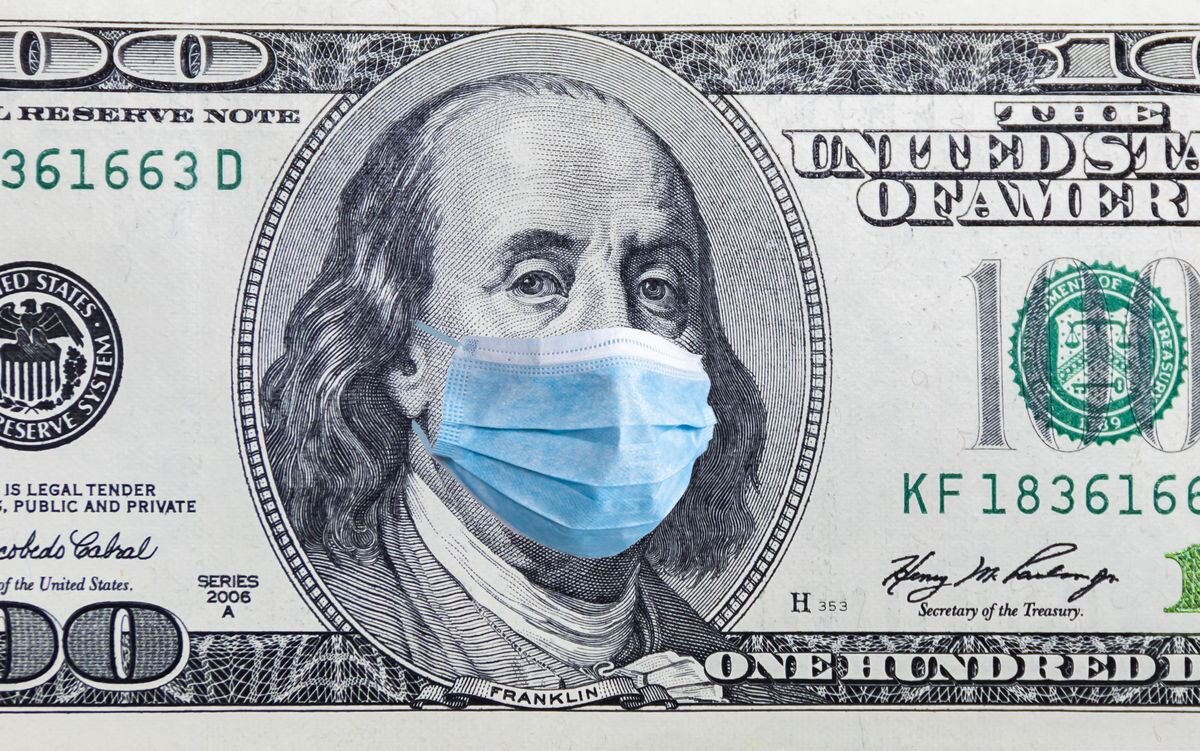Investing in a Pandemic Climate
As 2020 experienced an economic crisis caused by the coronavirus outbreak, it’s important to ask yourself: should you save money or invest it?
With every news station consumed with coronavirus, many people are experiencing a sense of panic and anxiousness this year - especially regarding money. CNN has had its biggest audience for any three-month period in the network’s 40-year history. Fox News Channel and MSNBC also had record-setting quarters ending in June.
Since there is always a headline or a reason not to invest, your willingness to stay invested and make good investment decisions may be affected. Part of the pandemic paradox is that there has been a global surge in the housing market. Despite transaction volumes suffering an enormous hit from lockdowns and travel restrictions associated with the COVID-19 outbreak, global housing markets have remained vibrant during 2020, especially in Europe, Canada, and the US.
Some key points:
The S&P/Case-Shiller seasonally-adjusted national home price index rose by 3.62% during the year to Q2 2020 (inflation-adjusted), an improvement from the previous year's 1.57% growth.
The Federal Housing Finance Agency displayed an even rosier picture (from the seller's perspective) with its seasonally-adjusted purchase-only U.S. house price index rising by 5.02% y-o-y in Q2 2020 (inflation-adjusted), up from the previous year's 3.34% growth and the biggest increase since Q4 2015.
This year, the Federal Reserve changed up its strategy for interest rates, specifying new economic conditions that must be met before it would hike rates higher.
The central bank said it will likely keep interest rates at or around zero until the end of 2023. For the rates to rise, the labor market will need to return to “maximum employment”, while inflation must increase to 2% and look to be on track to exceed that threshold “for some time.”’
When economic news isn't so rosy, investors turn to the safety of bonds. The housing market is still strong, so investors looking for someplace to put their money are more likely to put their money in mortgage bonds, which leads to lower yields and lower interest rates.
Mortgage rates are at historic lows, so it could be a good time to invest in real estate. But you may be wondering whether there is a downside to low rates.
In short — nope, there's no catch. A low APR can save you thousands over the life of your loan...and who doesn’t want that?
Regardless of a seemingly ideal situation, it’s vital to run a Doomsday scenario before making any large investments. It’s important to ask the question: what is the worst-case scenario? If that happens, is this investment still smart?
We were forced to answer that question this year. Our initial projections showed a conservative 30% profit margin. But more importantly, people are not going to stop needing a place to live regardless of the economy; that demand is never going away.
The development of Daymark maintains a stable decision even in a “doomsday scenario” because, even in the case that the stock market crashes and dwellers sway towards renting instead, the luxury condo community can easily pivot to a rent-based sales plan without affecting the bottom line.
All in all, with so much uncertainty in the world, it is important to continue to take risks that make sense for you, because you truly can’t have reward without a little risk.



